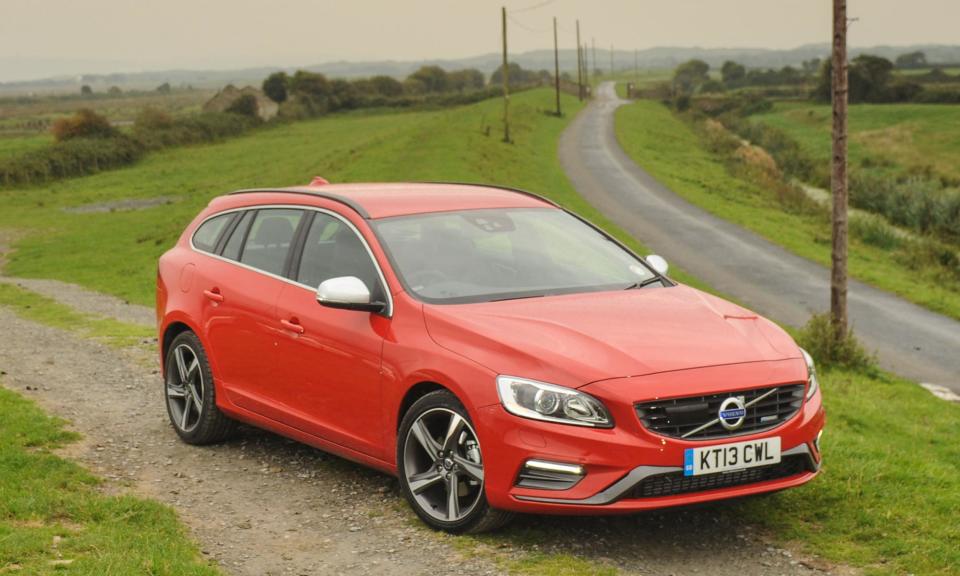Volvo does a sharp U-turn as the boxy estates and saloons return to Britain

It is not the kind of risky manoeuvre any self-respecting Volvo estate driver would execute, but the Swedish carmaker has performed a sharp U-turn on the decision to stop selling them here after an outcry from drivers devoted to a car synonymous with British middle-class family life.
Last summer Volvo dropped the bombshell that it would no longer market its estates or saloon cars in the UK and would instead concentrate on its sports utility vehicles (SUVs), which are increasingly favoured by drivers who like the higher seating position and off-road styling.
“The appetite for our saloon and estate models has fallen to very low levels in the UK, which has led to our decision to remove these models,” it said at the time.
However, in recent days the company confirmed a change of heart as the V60 and V90 models are set to return to UK showrooms and will start taking orders in July. Before they were withdrawn from sale, both models started at about £41,000.
The traditional estate car – usually a boxy five-seater with room for luggage (or dogs) in the boot – has fallen out of favour in many parts of the world, and in 2023 SUVs accounted for nearly half of global car sales. This shift has been bad news for the environment – the rise of the bulky, heavy SUV accounted for a quarter of global growth in oil demand last year, pushing up global emissions.
A Volvo spokesperson said: “While this [shift to SUVs] remains a long-term trend, we have seen a resurgence for our estate products in recent months and have decided to reintroduce the V60 and V90 to our UK portfolio in response to this. We will begin taking orders next month.”
Estate cars – known as station wagons in the US – met the practical need to ferry large amounts of luggage, the name evoking trips to and from the railway station for the landed classes. Volvo made its first estate car in 1953, the Duett model, which could be used for carrying a family as well as commercial loads.
In the decades that followed, it became de rigueur for middle-class car owners. In the 1970s a Volvo 145 estate was the vehicle of choice in The Good Life, a sitcom set in London’s commuter belt. At the culmination of Richard Curtis’s hit film Notting Hill, it is an estate car, a Peugeot 406, that speeds the endearing posho Hugh Grant, five friends and a wheelchair through central London to his film-star lover.
Tom Leathes, the chief executive of car selling website Motorway, said estate cars – which make up 7% of its sales – are still in high demand because of their fuel efficiency compared with the more popular SUVs. He added that used prices for the V60 had increased by 2% quarter on quarter. “There is still high demand from our dealer partners to stock their forecourts with these modern-day classics,” he said.
The V60 and V90 are both available as plug-in hybrids, which have mid-sized batteries capable of about 50 miles of electric driving before the petrol engine is required. That gives the cars much better fuel economy than traditional petrol cars under test conditions, although in the real world the efficiency and environmental benefits are often limited because customers fail to plug them in.
It is unclear whether the Volvo estate will survive into the fully electric age, given that all of its electric models so far have been SUVs. Volvo, which is controlled by the Chinese conglomerate Geely, said it does not comment on future model plans.
Volvo said: “When operating in a fast-moving industry, we continually re-evaluate our product portfolio to ensure we have the right mix to serve all our customers. As part of this process, it is not uncommon for us to remove certain models or derivatives from sale and reintroduce them later.”

 Yahoo Finance
Yahoo Finance 